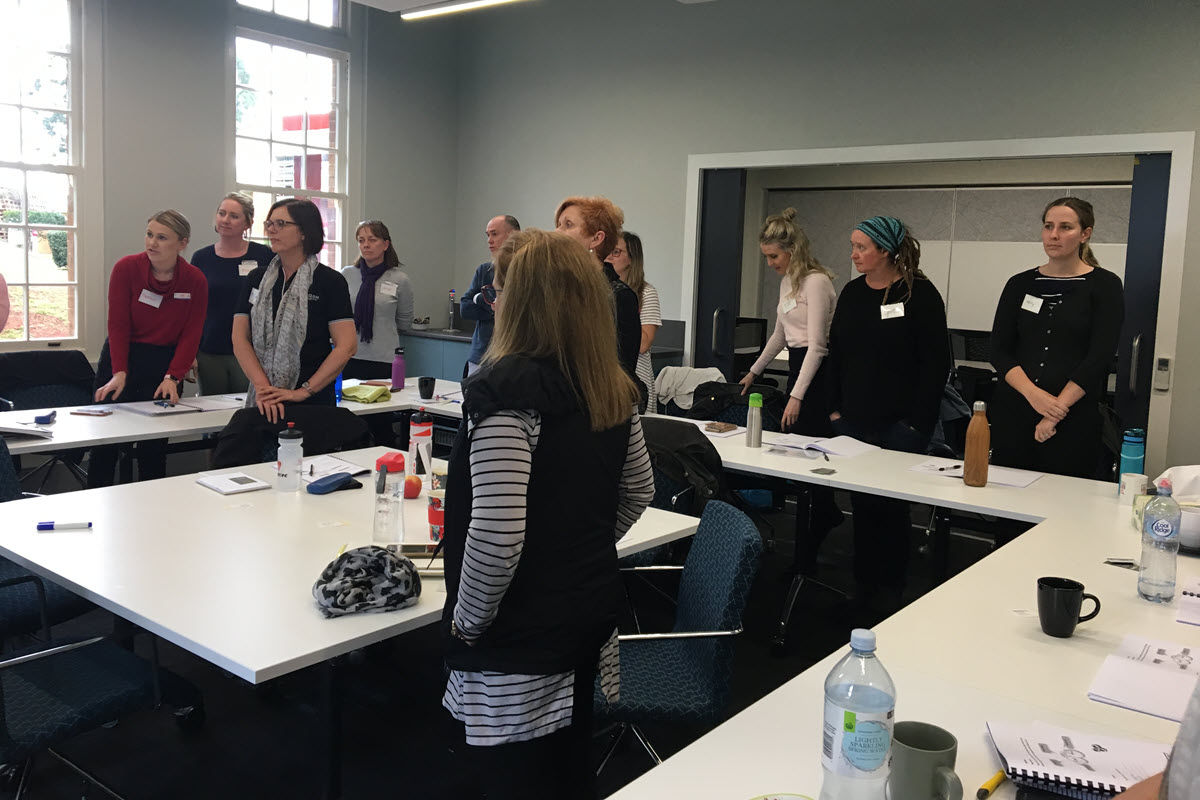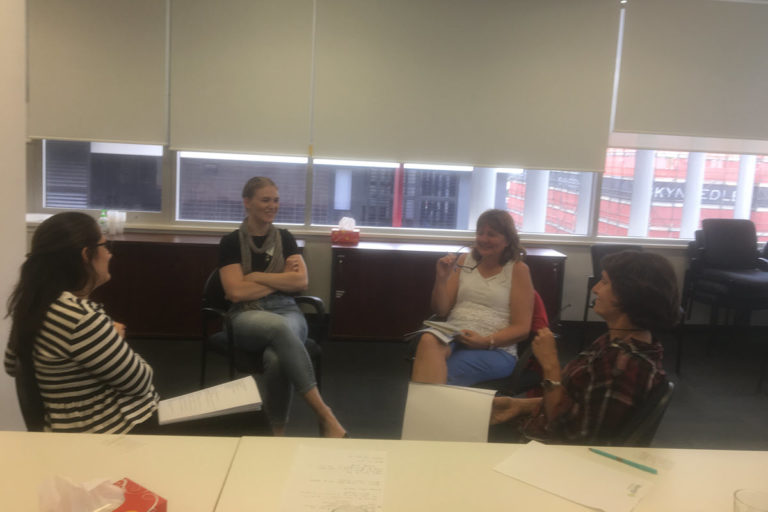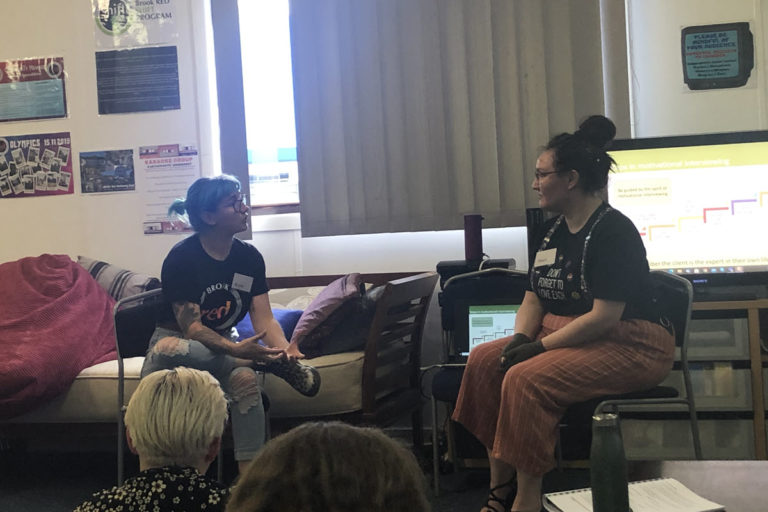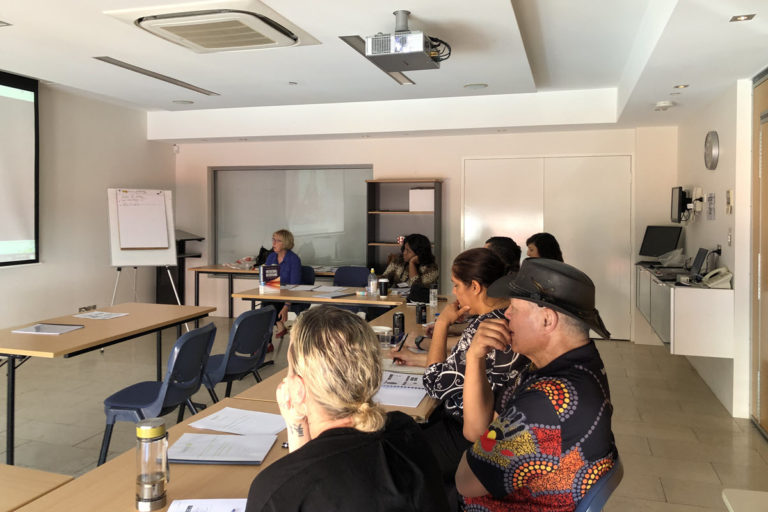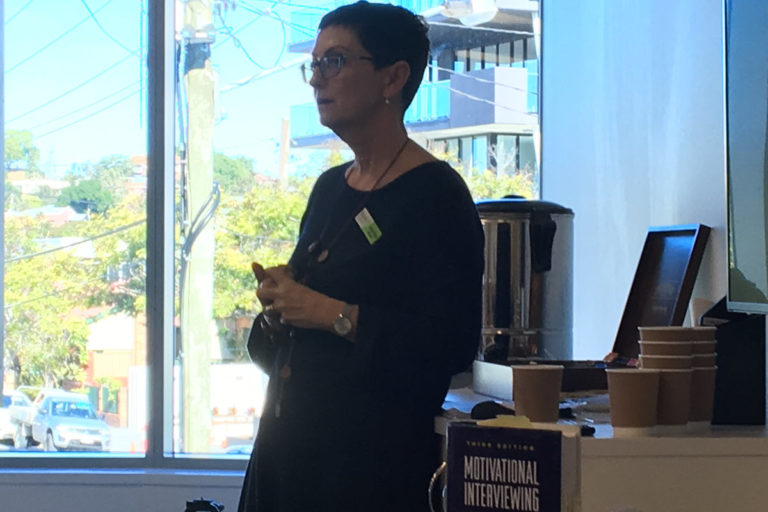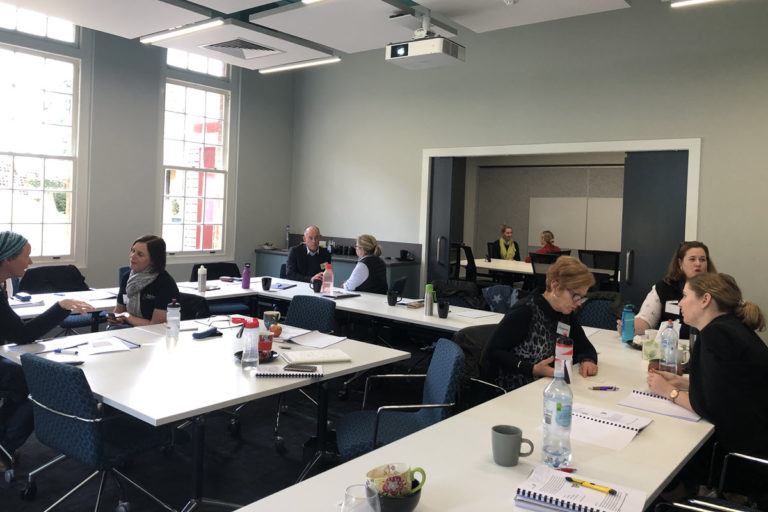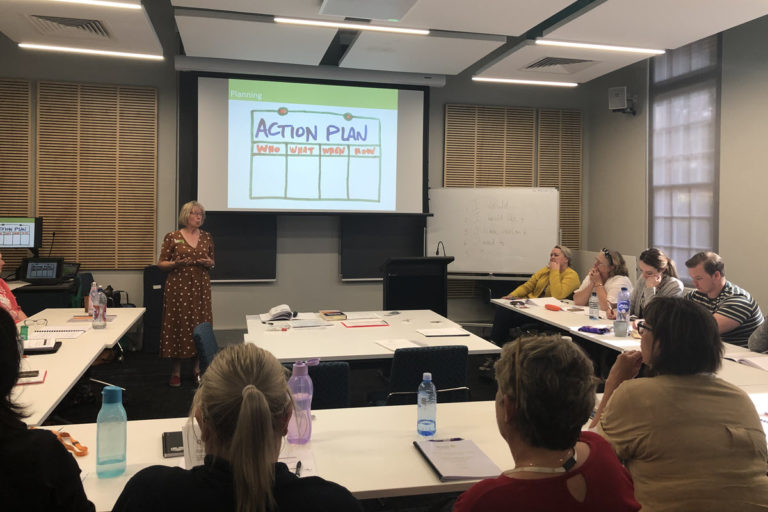Powerful Words to Influence Behaviour Change – Two Motivational Interviewing Strategies
I* recently came across an interesting article in the Guardian (Australian edition) about the impact of the words we use, particularly when we are trying to negotiate and influence others. This can happen in many situations, from tense life threatening hostage negotiations to discussions about household chores with your children and teenagers. I was struck by the articles relevance to the language we use in Motivational Interviewing (MI) and the recommendations in the article for keeping the channels of communication open between parties and for moving the conversation forward.
Elizabaeth Stokoe, a professor in social interaction at Loughborough University, examined language patterns in a wide range of human interactions, from call centres to police crisis hotlines. This research identified that certain words or phrases have the power to change the course of a conversation.
For instance, consider the following two statements, where there has been conflict between two people:
‘Would you agree to come to a meeting with John?’
‘Would you be willing to come to a meeting with John?
Which statement do you think is more likely to be positively received?
Stokoe found that people responded more positively to the use of the word willing. It seems that people do want to be seen as being willing to move forward. Her recommendation is to use it when someone is engaging in sustain talk (resistance) e.g. ‘I know it may not be your first choice, but would you be willing to meet with John on Tuesday?’
This approach has a parallel in using MI. Consider for instance the following:
Client: ‘I’m just not sure that I’m ready to do what the doctor has suggested about my problem’
Therapist: ‘Right now you’re unsure about being ready to take the doctor’s advice, what do you think you would be willing to do at the moment?’
Another challenge is how to respond to the ‘yes but…’ conversation. In the same newspaper article, Kendall (2016) addresses the ‘yes but’ problem.
Listen out for ‘yes but’ conversations, they are often circular and in a MI context indicate we are starting to argue for change with the client, which is not a helpful strategy. These circular arguments are frustrating for both parties and lead nowhere. Instead consider asking the question ‘what do you need?’
We recommend you read the article in full and consider some of the suggested strategies, click here for the link.
To see Elizabeth Stokoe taking about her work around language, watch this:
You may find it helpful to reflect on how you use language with your clients and how this influences clients in positive or less positive ways. It may be a useful topic to reflect on in your clinical supervision.
To find out more about Veriti’s upcoming Motivational Interviewing courses click here.
* Article contributed by Barbara Bowler (Veriti Director).
References
Kendall, R. (2016). Workstorming. Watkins, London, UK.
The Guardian (Australia edition), (2017) Would you be willing? Words to turn a conversation around. https://www.theguardian.com/science/2017/dec/04/would-you-be-willing-words-turn-conversation-around. Accessed 12.12.17.

